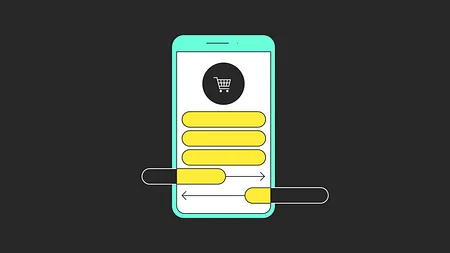Marketing in Fintech: What You Need to Know
I spoke to our Marketing Manager, Bianca Sarafian, to find out why marketing is so important in the fintech space and why fintech is the industry bringing the most exciting opportunities to marketing today.
Bianca started off in a medical background, pushing pharmaceutical products to pharmacies. Fintech is an interesting pivot, but like many companies who pivot to fintech, it’s a good way to stay cutting edge.
Marketing Matters
Marketing is any movement from concept to customerWe spend nothing on marketing - it’s a popular phrase and understandably so. You can boast that you’ve got a product that’s so good you don’t even need to tell anyone about it. The problem is, if you’re not telling anyone about your brilliant perfect product then no-one is ever going to know about it. No matter how good it is. If your company has a social media presence then whoever’s running that is part of your marketing budget. If you write blog posts focused on products that then bring in a ton of traffic, that’s part of the marketing budget. As Bianca puts it: “Marketing is any movement from concept to customer.”
My cab driver can talk to me about bitcoin now, it’s fascinatingMarketing matters in every industry but especially so in fintech. Fintech is reaching people in every part of their lives and it’s affecting the way they interact with their money. Marketing comes into it by keeping pace with how people are changing and as a result how fintechs need to constantly expand their scope to stay relevant. Customer need for interaction with their money makes marketing easy in an odd way. It’s a necessary service, so by nature they want to keep abreast of the situation. But at the same time, fintech can be a dense topic. Marketing in fintech is about finding a way to use the traction provided by offering a necessary service and delivering a message that’s insightful without disconnecting from customers.
Data, Data, Data
Data over opinions, always.Discovering the way to connect with your customers requires a lot of thought. It’s not as simple as asking them what their problems are. Customers invariably begin with where the problem happens rather than the events leading to it. If you can target their problem before it even begins then that’s where you start your marketing. Customers will tell you what they want which is helpful in getting an idea of where to start, but impartial data is the best way to discover where your marketing strategy should begin. Marketing isn’t the same as sales, it’s not just adverts and newsletters. In a world with advertising literally everywhere marketers need to find new holistic approaches to connecting customers with the product. Having a marketplace that’s saturated with different voices vying for the same customer-base means that it’s harder than ever to find novel approaches that stay creative.


